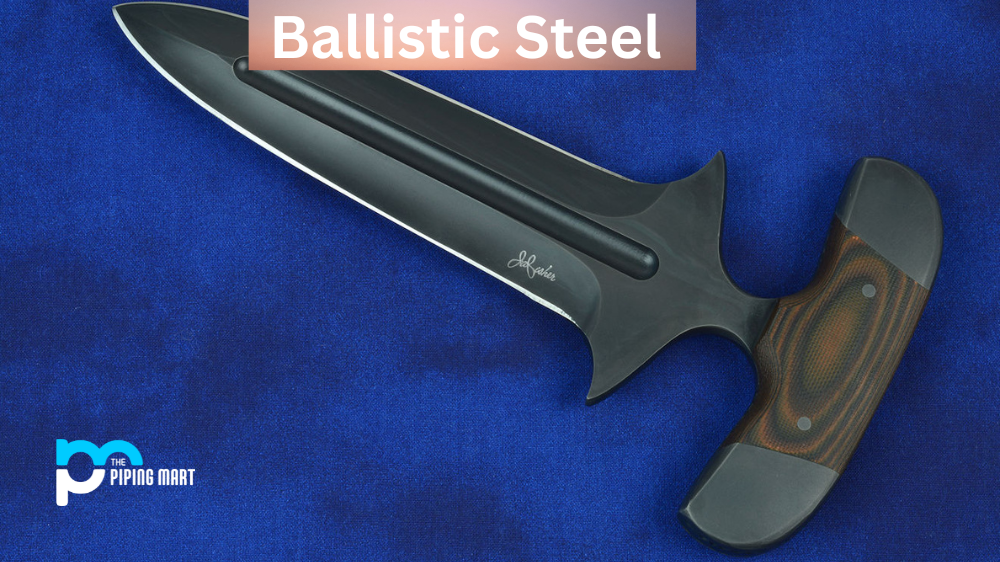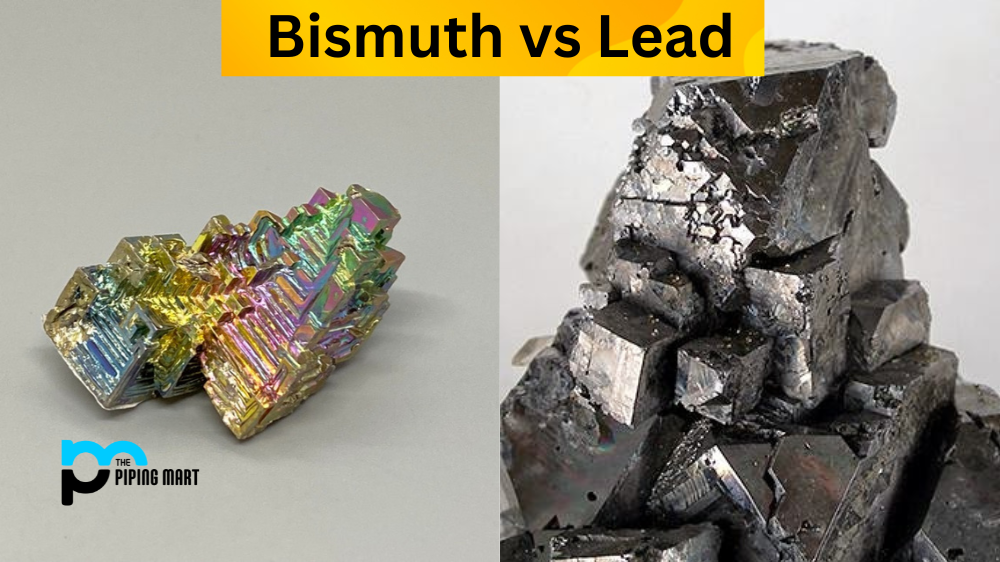When it comes to electricity and electrical wiring, it is important to know whether the material you are using is a conductor or an insulator. Many people ask if brass is a conductor or insulator, and the answer may surprise you. Let’s take a look at why brass is considered to be both a conductor and an insulator.
Understanding Electrical Conductivity
The conductivity of materials can be measured in ohms (Ω). The lower the ohm value, the better the conductivity of a material. The universal standard for measuring electrical conductivity is copper, which has an ohm value of 1.0. Brass has an ohm value of 0.2, making it more conductive than copper; however, it still falls short of silver which has an ohm value of 0.0167, making it one of the most conductive metals known to man.
So why do some people consider brass to be an insulator? It all comes down to how brass is used in electrical applications – as insulation rather than as a conductor. For example, brass fittings are often used in switches and sockets and other electrical components as insulation to prevent electric shocks from happening when you touch them or come into contact with them. Additionally, brass screws are often used on the outside of switch plates and other electrical equipment as insulation against electric shocks and sparks that could occur if an exposed metal were touched by someone.
Brass also has another unique property that makes it quite different from other metals – its malleability and ductility make it easy to shape into any form needed for use in electrical applications such as pipes, cables, connectors and terminals etc., making it very versatile when designing circuits. In addition to its malleability and ductility, brass also offers good corrosion resistance, which further contributes to its uses in electrical applications where corrosion can cause major problems over time.
Conclusion:
In conclusion, brass can be both a conductor and an insulator depending on how it is used in electrical applications – as either a conductor or an insulator, respectively – due to its malleability and ductility combined with good corrosion resistance properties that make it ideal for use in many different types of circuits and systems where electricity needs to be conducted safely without risk of shock or sparking hazards caused by exposed metals coming into contact with human skin or objects nearby. Brass remains one of the most popular choices for conducting electricity safely today due to these factors combined with its relatively low cost compared to other metals such as silver which have higher conductivity levels but at much higher costs than brass does today.

Pipingmart is a B2B portal that specializes in metal, industrial and piping items. Additionally, we share the latest information and information about materials, products and various types of grades to assist businesses that are involved in this business.




